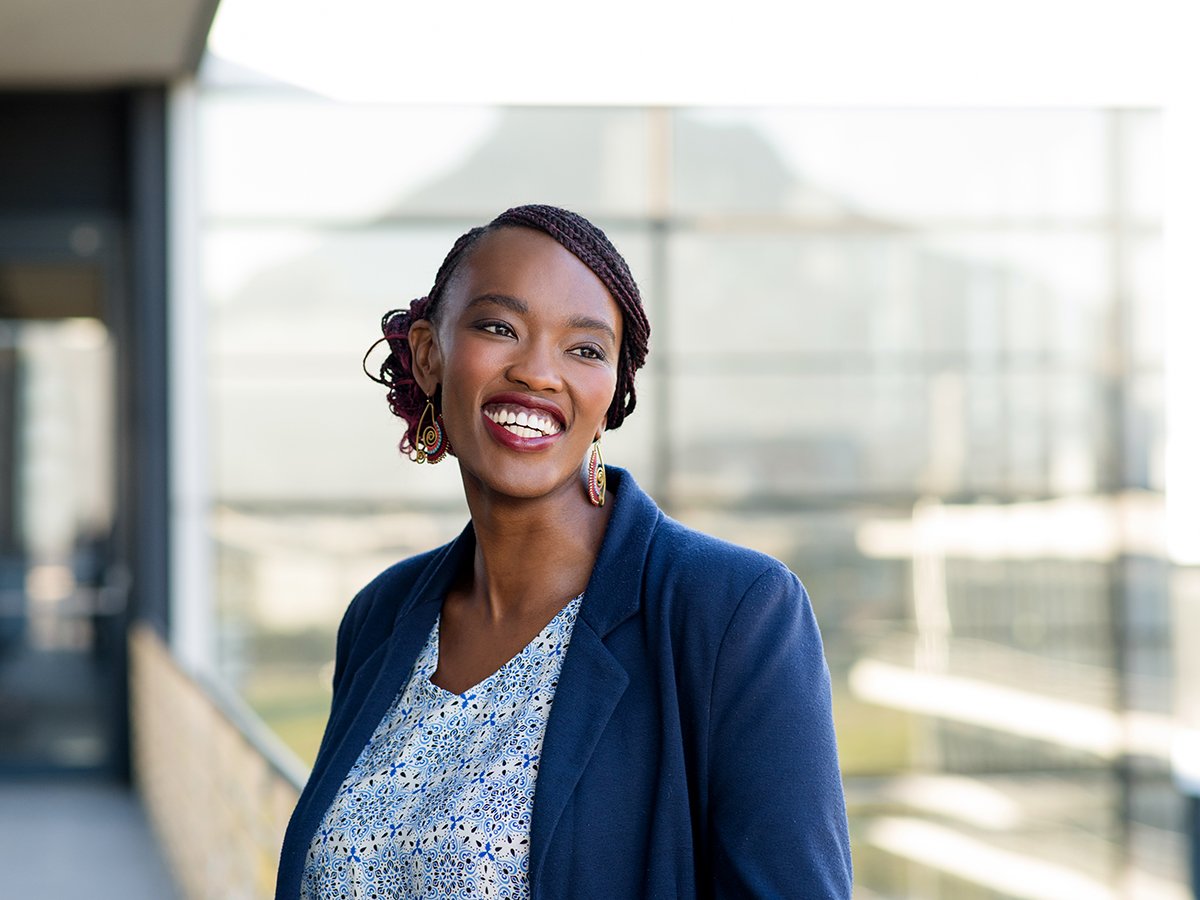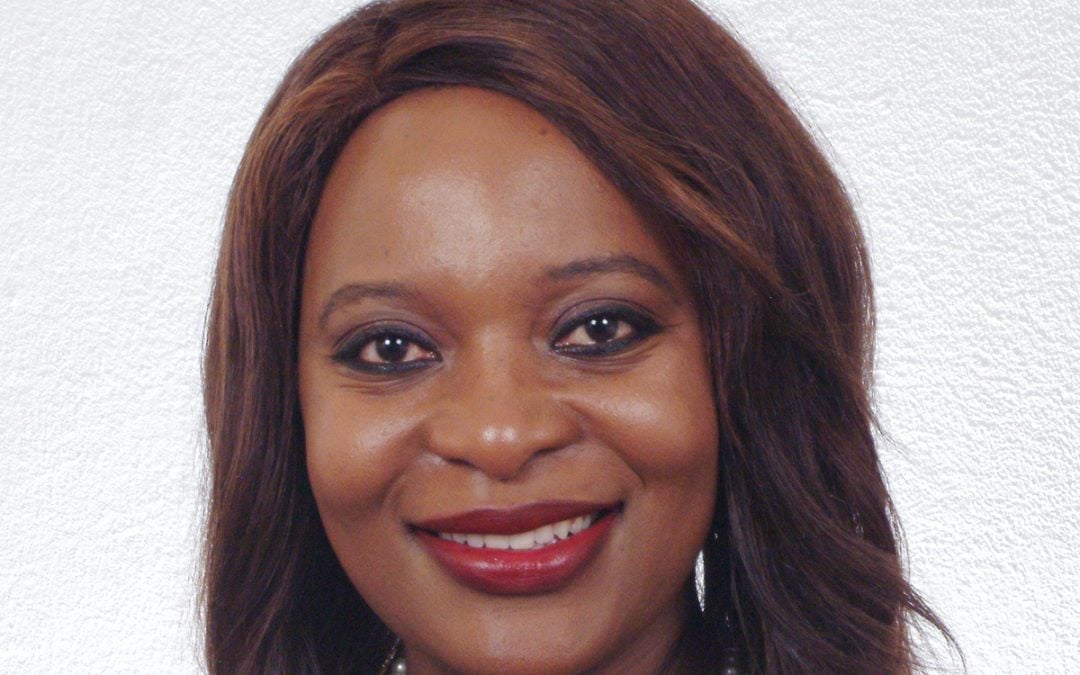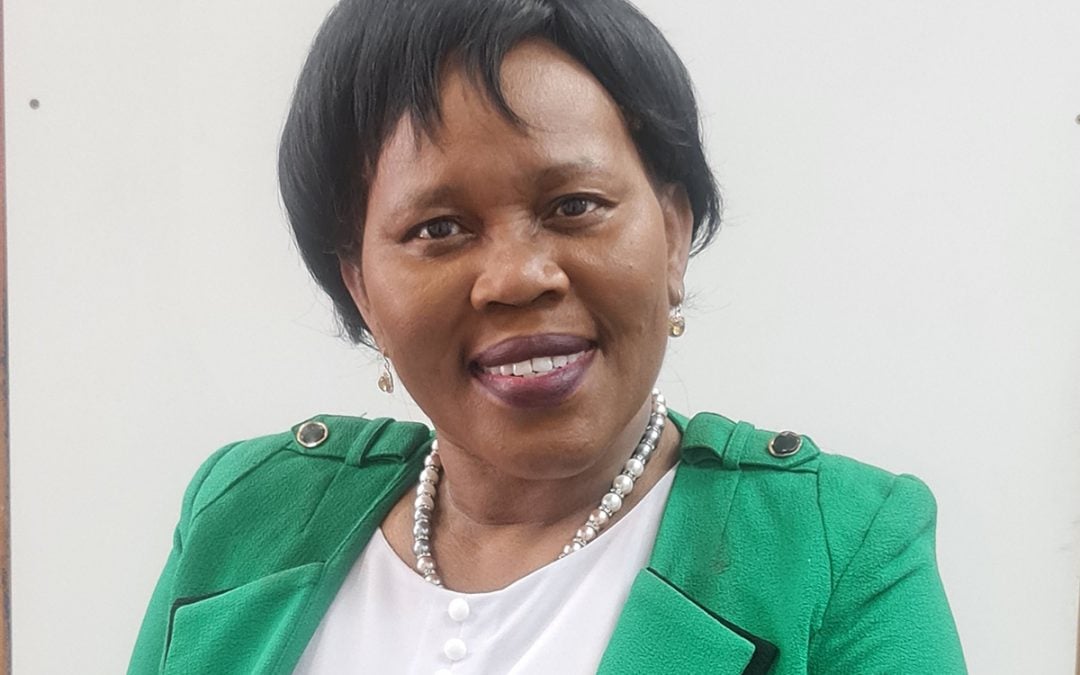Dr Nomalungelo Nyathi is ready for the time when the average South African can access quality healthcare despite their financial circumstances.
“I believe that we can have a healthcare system that is functional, efficient and effective in ensuring that our people get excellent care when they are not well. I want to be a part of creating that truth in South Africa and other parts of Africa,” she says.
Durban-born Nyathi is the managing executive: clinical and risk advisory at AfroCentric Group, where she develops health risk management strategies, products and solutions. “We’re living through a time when it is clear that the way we have been doing healthcare so far is not the best way, which means we must recreate a new way. I’m grateful to have the opportunities that allow me to have an impact,” she continues.
After qualifying as a doctor from the University of Cape Town, Nyathi worked as a clinician in the public sector. It became clear to her while still in the early stages of her career that her interest was not in treating patients, but in influencing the systems that govern the ways in which care is delivered. Since leaving clinical medicine, Nyathi has mainly worked to manage funding solutions and the care aspects in private healthcare for Medscheme. This has allowed her to gain a pragmatic perspective on both the public and private healthcare sectors. Nyathi now runs a division that is looking at solutions to make healthcare affordable for medical schemes and form actuarial models to build networks of providers that will help patients manage their chronic diseases.
The lack of access to healthcare in South Africa is one thing, but being a woman trying to address this challenge is another. The barriers to entry provide just one instance of this problem. Nyathi says that she has observed an underlying assumption that women cannot be as sharp and effective as men in leadership roles. This is incorrect. Leadership frameworks and language around leadership need to change so that intentional opportunities can be afforded to women looking to grow in the industry.
“Our sector still has very few women in leadership positions. The tragedy is not just in the low numbers, but in the richness and power of the contribution women must make in business for us to get to where we need to be as a country. The voices, perspectives and skills of women are not a luxury for business and healthcare leadership — they are necessary if we are to win and thrive collectively,” says Nyathi.
Despite having to face the implications that come with women’s suppression in the industry, like imposter syndrome, Nyathi notes that it is going to take some resilience for her to fully see her vision through. “I want to play a more Pan-African role in the healthcare system of our continent in the future. South Africa has so much that can help other African countries accelerate their health system journeys. I have learnt a lot in my career thus far and I would like to use what I have to build the health systems in other countries.”
I want to play a more Pan-African role in the healthcare system of our continent in the future. South Africa has so much that can help other African countries accelerate their health system journeys. I have learnt a lot in my career thus far and I would like to use what I have to build the health systems in other countries.




























